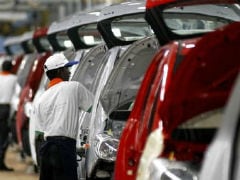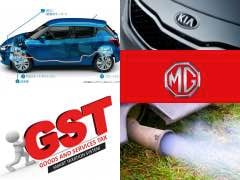Govt Emissions Policy Needs To Be More Consistent: SIAM

- BS VI emission norms deadline from 1 April 2020
- BS VI vehicle modifications more complex, says SIAM
- BS VI fuel need to be made available a year earlier than deadline
Government policy with regard to changes for new vehicles needs to be more consistent, the Society of Indian Automobile Manufacturers Association (SIAM) has said. SIAM Executive Director (Technical) KK Gandhi told CarandBike.com that though automobile manufacturers are ready and prepared to take up any challenges new policy decisions bring about, the government should give sufficient time for manufacturers to prepare and make changes to new vehicles. The SIAM statement comes at a time when the Environment Pollution Control Authority (EPCA) has told the Supreme Court that only Bharat Stage VI (BS VI) compliant vehicles should be allowed to be sold from 1 April 2020.
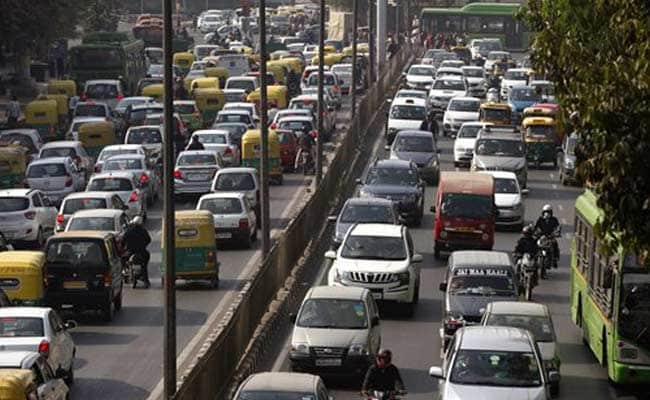
Unlike the transition of vehicles from BS III to BS IV norms before the Supreme Court ordered 1 April 2017 deadline, the transition to BS VI would require more complex modifications and even re-designing of vehicles. SIAM, the umbrella body of automobile manufacturers says that although there is enough time to prepare for BS VI regulations, the challenge would be to meet the complex modifications required, which may not be possible for all BS IV models.
"Technically, there are complex modifications required, and in the case of BS VI, completely new technology needs to be incorporated in the vehicles. This means a new particulate filter, a new three-way catalytic converter and even fuel needs to be injected into the filter to burn the excess soot, all of which would require a certain space in the engine bay. There are a lot of challenges to do this. Firstly, this would mean re-designing of some vehicles which may mean that only a handful of current BS IV vehicle models may actually see the advent of BS VI regulations.
"Secondly, the government has said that BS VI fuel will be made available by the deadline, which is 1 April 2020. But for the manufacturers, we need to scale down BS IV production at least a year before, that is, by 1 April 2019, at the same time, introduce BS VI models gradually. From a manufacturing point of view, the transition cannot happen overnight. We are ready for the challenges but a gestation period is needed. Unless BS VI fuel is also made available by 1 April 2019, we will be forced to suffer losses," Gandhi said.
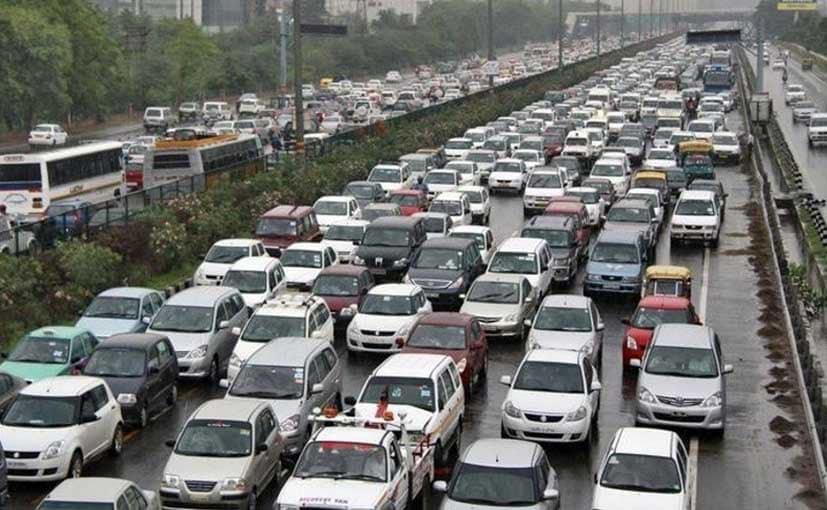
In India, the government has decided to skip BS IV norms and directly transition to BS VI regulations by 1 April 2020, in the face of increased concerns over environmental pollution caused by vehicular emissions. With the transition to BS IV norms already done with, and existing BS III stock of vehicles being exported or modified to meet these norms, auto makers have more than just emission regulations to think about in the coming years.
"By 2018, fuel efficiency regulations will also come into effect, and these have different norms for passenger vehicles and commercial vehicles. By 2019, we will have crash test norms for vehicles, and vehicles will also need to take into account pedestrian safety issues. So, to meet fuel efficiency regulations, vehicles will need to be lighter, but at the same time, the material used in vehicular construction will need to be strong as well to meet the crash test regulations," Gandhi added.
All these requirements would mean that only a few of the current models will be compliant, and that means completely new models may need to be designed from the ground up. For now, auto manufacturers will be focussing on developing infrastructure for the next upgrade - to meet BS VI regulations by 1 April 2020. And that infrastructure isn't just about putting plug and play devices on existing vehicles, but getting skilled manpower with the right expertise, capital investment and maybe even phasing out a few current vehicle models which may not support the modifications to meet those regulations.
Latest News
 car&bike Team | Mar 4, 2026Kawasaki Patents Modular Electric Motorcycle PlatformWhile the concept of one chassis and multiple powertrains isn’t particularly new, it will allow for simplified production and pass savings onto the consumer.2 mins read
car&bike Team | Mar 4, 2026Kawasaki Patents Modular Electric Motorcycle PlatformWhile the concept of one chassis and multiple powertrains isn’t particularly new, it will allow for simplified production and pass savings onto the consumer.2 mins read car&bike Team | Mar 4, 2026Jetour T2 SUV Design Patent Registered In IndiaA design patent linked to a Jetour T2-based SUV has surfaced in India, hinting at JSW Motors’ upcoming entry into the passenger vehicle market.2 mins read
car&bike Team | Mar 4, 2026Jetour T2 SUV Design Patent Registered In IndiaA design patent linked to a Jetour T2-based SUV has surfaced in India, hinting at JSW Motors’ upcoming entry into the passenger vehicle market.2 mins read Seshan Vijayraghvan | Mar 4, 2026Next-Gen Hyundai i20 Spy Photos Give Glimpses Of Its Updated CabinThe cabin of the new Hyundai i20 will take inspiration from the new Venue’s interior.1 min read
Seshan Vijayraghvan | Mar 4, 2026Next-Gen Hyundai i20 Spy Photos Give Glimpses Of Its Updated CabinThe cabin of the new Hyundai i20 will take inspiration from the new Venue’s interior.1 min read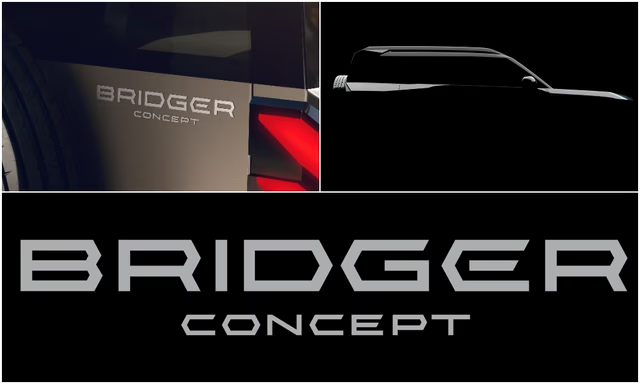 Amaan Ahmed | Mar 4, 2026Renault Bridger Sub-4M SUV Concept Confirmed: 'Mini Duster' To Be Previewed On March 10Adopting a two-pronged strategy for India's incredibly competitive subcompact SUV market, Renault will take the wraps off a boxy, upright SUV concept that's expected to coexist with the Kiger.3 mins read
Amaan Ahmed | Mar 4, 2026Renault Bridger Sub-4M SUV Concept Confirmed: 'Mini Duster' To Be Previewed On March 10Adopting a two-pronged strategy for India's incredibly competitive subcompact SUV market, Renault will take the wraps off a boxy, upright SUV concept that's expected to coexist with the Kiger.3 mins read Bilal Firfiray | Mar 4, 2026Honda City, Elevate, And Amaze Available With Huge Discounts In MarchUpto Rs 1.97 lakh benefit on the City and Elevate, while both the old-gen and new-gen Amaze are available with a discount of up to Rs 68,0001 min read
Bilal Firfiray | Mar 4, 2026Honda City, Elevate, And Amaze Available With Huge Discounts In MarchUpto Rs 1.97 lakh benefit on the City and Elevate, while both the old-gen and new-gen Amaze are available with a discount of up to Rs 68,0001 min read car&bike Team | Mar 4, 20262026 World Car Awards: Top 3 Finalists Announced Across CategoriesFinalists for the 2026 World Car Awards have been announced across six categories, with winners to be revealed in April.1 min read
car&bike Team | Mar 4, 20262026 World Car Awards: Top 3 Finalists Announced Across CategoriesFinalists for the 2026 World Car Awards have been announced across six categories, with winners to be revealed in April.1 min read
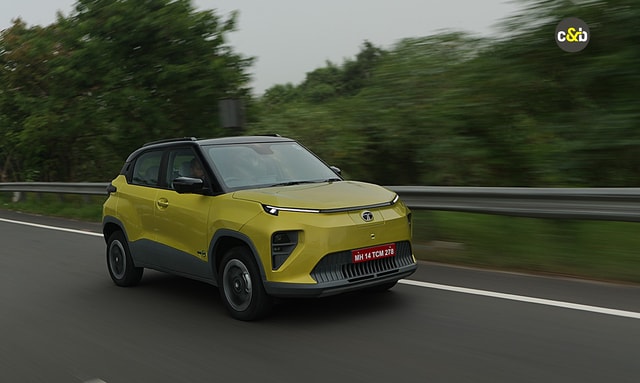 Bilal Firfiray | Feb 28, 2026Tata Punch EV Facelift Review: More Range, More Sense, Less MoneyThe Tata Punch EV facelift gets a bigger 40 kWh battery, faster 60 kW DC charging, improved thermal management, and better real-world range, and all of that at a lower introductory price. But does it become a more complete package now?6 mins read
Bilal Firfiray | Feb 28, 2026Tata Punch EV Facelift Review: More Range, More Sense, Less MoneyThe Tata Punch EV facelift gets a bigger 40 kWh battery, faster 60 kW DC charging, improved thermal management, and better real-world range, and all of that at a lower introductory price. But does it become a more complete package now?6 mins read Preetam Bora | Feb 24, 2026Hero Destini 110 Review: Simplicity, RefinedThe Hero Destini 110 is a no-nonsense commuter that is simple, comfortable and above all, fuel efficient. In 2026, when buyers are spoilt for choice, is it good enough to consider?1 min read
Preetam Bora | Feb 24, 2026Hero Destini 110 Review: Simplicity, RefinedThe Hero Destini 110 is a no-nonsense commuter that is simple, comfortable and above all, fuel efficient. In 2026, when buyers are spoilt for choice, is it good enough to consider?1 min read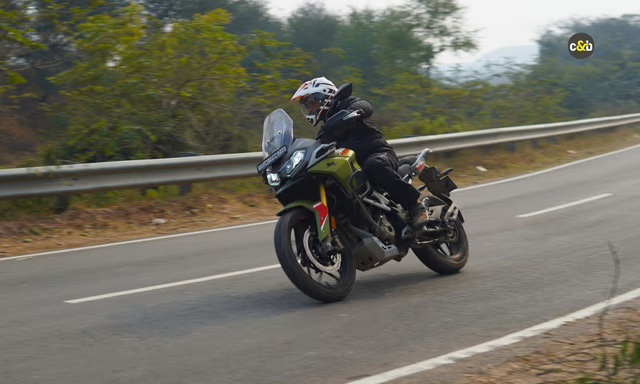 Preetam Bora | Feb 23, 2026TVS Apache RTX Road Test Review: Redefining the Entry-Level ADVAfter spending some time with the TVS Apache RTX in traffic, the daily commute, as well as on open highways, one thing becomes clear: the RTX is trying to redefine the entry-level ADV segment. But is it without fault?1 min read
Preetam Bora | Feb 23, 2026TVS Apache RTX Road Test Review: Redefining the Entry-Level ADVAfter spending some time with the TVS Apache RTX in traffic, the daily commute, as well as on open highways, one thing becomes clear: the RTX is trying to redefine the entry-level ADV segment. But is it without fault?1 min read Girish Karkera | Feb 20, 2026Road Test: 2025 VinFast VF7 AWD Sky InfinityFlagship all-electric SUV from the Vietnamese car maker gets most of the basics right.1 min read
Girish Karkera | Feb 20, 2026Road Test: 2025 VinFast VF7 AWD Sky InfinityFlagship all-electric SUV from the Vietnamese car maker gets most of the basics right.1 min read Jaiveer Mehra | Feb 18, 2026New BMW X3 30 Vs Mercedes-Benz GLC 300: Midsize Luxury SUV FaceoffWith the new X3 30, BMW has a direct competitor to the petrol GLC 300, but which is the luxury SUV for you?1 min read
Jaiveer Mehra | Feb 18, 2026New BMW X3 30 Vs Mercedes-Benz GLC 300: Midsize Luxury SUV FaceoffWith the new X3 30, BMW has a direct competitor to the petrol GLC 300, but which is the luxury SUV for you?1 min read

